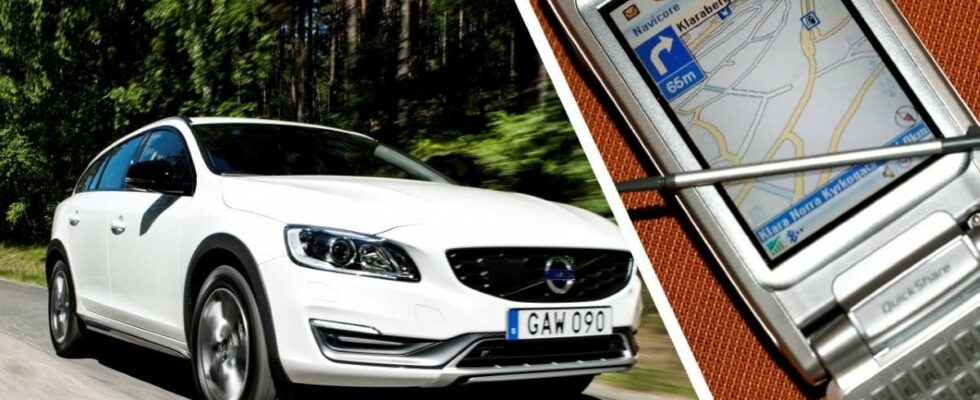Next year, the mobile networks of 2G and 3G standards would be shut down, which threatened to lead to real problems for many car owners.
On cars registered from April 2018, the emergency system eCall, which automatically alerts SOS in the event of an accident, is mandatory. It must therefore work during the inspection, otherwise you will be banned from driving.
The problem is that many cars use the 2G and 3G networks for the function.
300,000 cars risk driving bans
Since it became clear that many cars are at risk of being banned from driving in connection with the shutdown, several industry players have worked to find a compromise to solve the problem.
Riksförbundet M Sweden has warned that the closure could have major consequences for many car owners, and the Swedish Transport Agency has confirmed that around 300,000 cars may be at risk of being banned from driving.
Proposal for exemption from inspection
On the other hand, the industry association Mobility Sweden has previously claimed that it has not seen any signs that a non-functioning eCall system will lead to a driving ban. It has also been proposed that cars manufactured before January 2026 should be exempt from the inspection requirement.
However, the best solution from a security point of view would have been if the car manufacturers found a way to update the modems in the affected cars to the 4G or 5G standard.
It is not only the critical eCall system that stops working when the cars can no longer connect to the network, but also functions such as remote control of the engine heater can disappear for many car owners.
Telia comes to the 2G rescue
Now, however, both the car manufacturers and the industry in general have a little more time to find a solution to the problem.
This is because Telia is coming to the rescue by keeping the old 2G network, also known as GSM, alive until the year 2027. Initially, the shutdown was expected to be completed around the end of 2025.
This means that affected car owners do not have to fear that their cars will become illegal to use on public roads in the near future.
However, the message still means that the problem must be solved sooner or later. Whether the affected cars get an exemption, or whether the car manufacturers are forced to update the modems, remains to be seen.
Read more: root climate crisis: Swedes continue to choose the car
Read more: How long does the battery last in an electric car? New study provides answers
